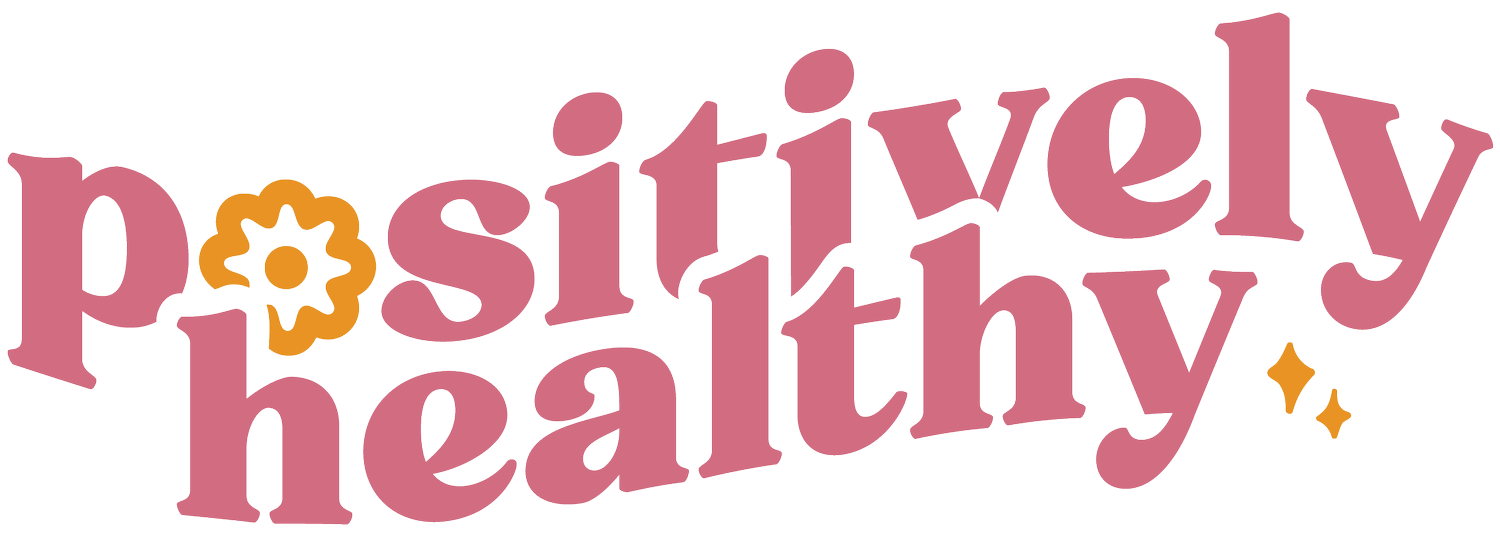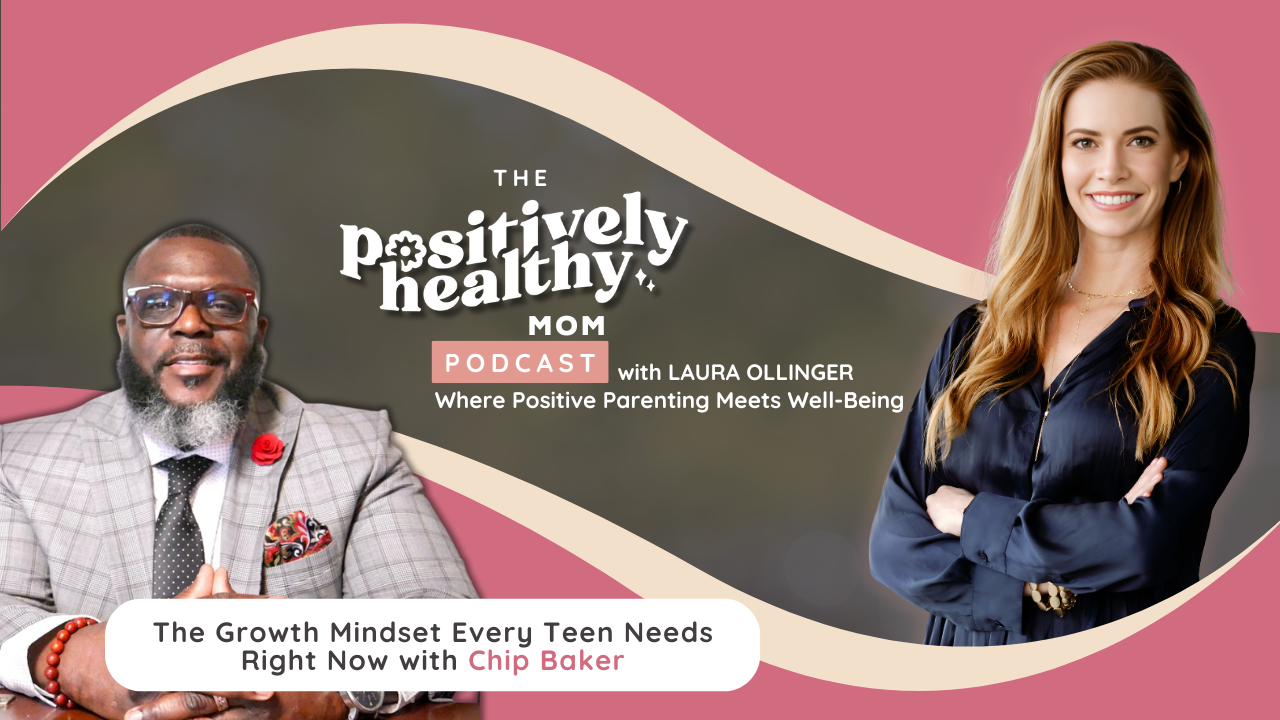3 Pitfalls of Talking with a Stressed Out Teen
The teenage years are a critical time to keep the lines of communication open. Whether your teen is an external processor (uses speech to process thoughts and feelings) or an internal processor (needs to think things through before sharing), we want to be a safe place for them to land to work through emotional challenges.
Stressors in their daily lives stack up; without proper management, they can lead to destructive behavioral patterns.
Although these challenges will dissipate over time, the patterns developed during these formative years will likely continue into college and beyond.
Some of these destructive behavioral patterns include:
Stress or pain avoidance: using substances (drugs/alcohol/food) or self-harming as a coping mechanism.
Using unhealthy relationships to escape: engaging in sexting, porn, or transactional sex.
Low self-image/worth/esteem: creates susceptibility to body dysmorphia, bullying, being bullied, negative social comparison, lack of boundaries, lack of confidence, etc.
Negative mental health: overidentifying with negative thought patterns breeding chronic stress, anxiety, and depression.
We love them, want them to be happy, and want what's best for them, but when we communicate from our level of understanding, the communication breaks down
Here are 3 common communication challenges and ideas on connecting better with your teenager:
Challenge #1:
As parents, we are human and deal with our own "stuff". We have things that trigger us, and we project our feelings onto others.
Example:
Your daughter is upset because she wasn't invited to a social event. We attempt to empathize, but deep down, we feel rejected, too. Because we are feeling the same pain they are feeling; it's challenging to provide the support she needs.
Although there is no "quick-fix," to our old wounds; we can ask ourselves a few simple questions when we notice feeling this way.
What am I feeling right now? Why am I feeling this way? Is this my stuff blocking our communication? Can I care for my inner child a bit later? How can I focus on just her right now? with your teenager., and we don't know why.
Challenge #2:
The stated problem is not the real problem, and it takes a while to dig down to the root.
Example:
Your teen doesn't want to go to school today. It will likely be very generalized if you can even get a reason from them. They hate ALL their teachers or EVERYONE there is terrible.
According to Tony Robbins, all humans have 6 needs. If none of these are being met, we have major challenges. If only 1 is met, we are struggling. If 3 or more are met we are in good shape.
The degree to each of these being met depends on the circumstance. So at home, a teen can have love and connection, significance, and certainty. But, when they go to school, they don't feel any of these needs are being met.
6 Human Needs:
Certainty: assurance you can avoid pain and gain pleasure
Uncertainty/Variety: the need for the unknown, change, new stimuli
Significance: feeling unique, important, special or needed
Connection/Love: a strong feeling of closeness or union with someone or something
Growth: an expansion of capacity, capability or understanding
Contribution: a sense of service and focus on helping, giving to and supporting others
If you can help your teen figure out what’s missing, you can likely find a way to get them to move forward in a healthy way.
Challenge #3:
We hate seeing our kids in pain, and our go-to response when they are hurting is to try to "fix it."
Example:
Your son didn't make the basketball team. He's upset.
We want him to feel better and try to tell him it's OK that he didn't make it. But, in our minds, we're afraid of what this means for him and his future. What will he do now? How will he have team experiences for the remainder of his high school career? All his friends made it, and he didn't; how can he maintain those friendships?
They need to be seen, heard, and felt in these moments. The sooner we can connect with them, the better they will be able to process their feelings and move forward. So how do you do this?
"I see you are really upset right now." "I hear the disappointment in your voice." "I can feel your sadness."
Stay strong, focus on the connection, and keep up the good work. No one said it was going to be easy. ☺️
It takes a village. ❤️
Warmly,





